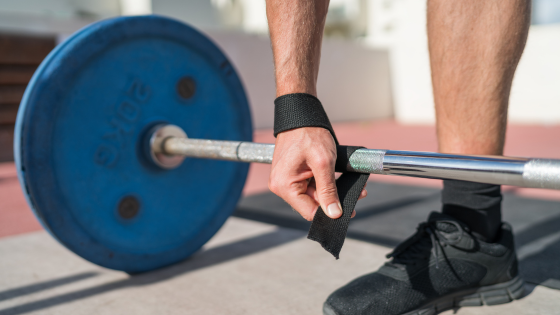

The Colorado Experiment
The Colorado Experiment was not conducted in a truly scientific way, but was more of a marketing push very similiar to today’s common “get ripped quick with little effort” schemes. The results published results were astonishingly, impossibly good in terms of muscle building and body composition, but there isn’t a way to prove if the parameters of the experiment were truly followed and people have never been able to replicate the results since.

When The Leg Press Will Increase Your Squat, And When It Won’t
Training more muscle specific exercises (ex: leg press for the quads to help improve the squat) can have crossover effects with other lifts, but the more they have in common with the lift, the more effective they will be.

Cardio Vs Gains
The idea that doing cardio prevents strength gains is outdated and inaccurate in most cases. Exercisers, including beginners and professional athletes, benefit from incorporating some cardio into their lifting routines and vice versa.

What Is Overtraining?
The fear of overtraining comes from outdated/under-researched ideas of the limit of how much volume humans can lift. Average (or above average) exercisers generally do not have to worry about overtraining. Pushing too hard, too fast can lead to injury, but intentional, slow development from a well designed workout plan allows for people to safely train hard.

Lifting Aids
Lifting aids like straps, wraps, and belts are useful tools for heavy lifters who are looking to maximize their muscle and strength building. They can also aid in preventing injury while training difficult and high weight lifts. When used properly, lifting aids help you train harder, longer, and more efficiently. Improper usage can cause issues, but that risk is minimal when you adhere to safe practices.
